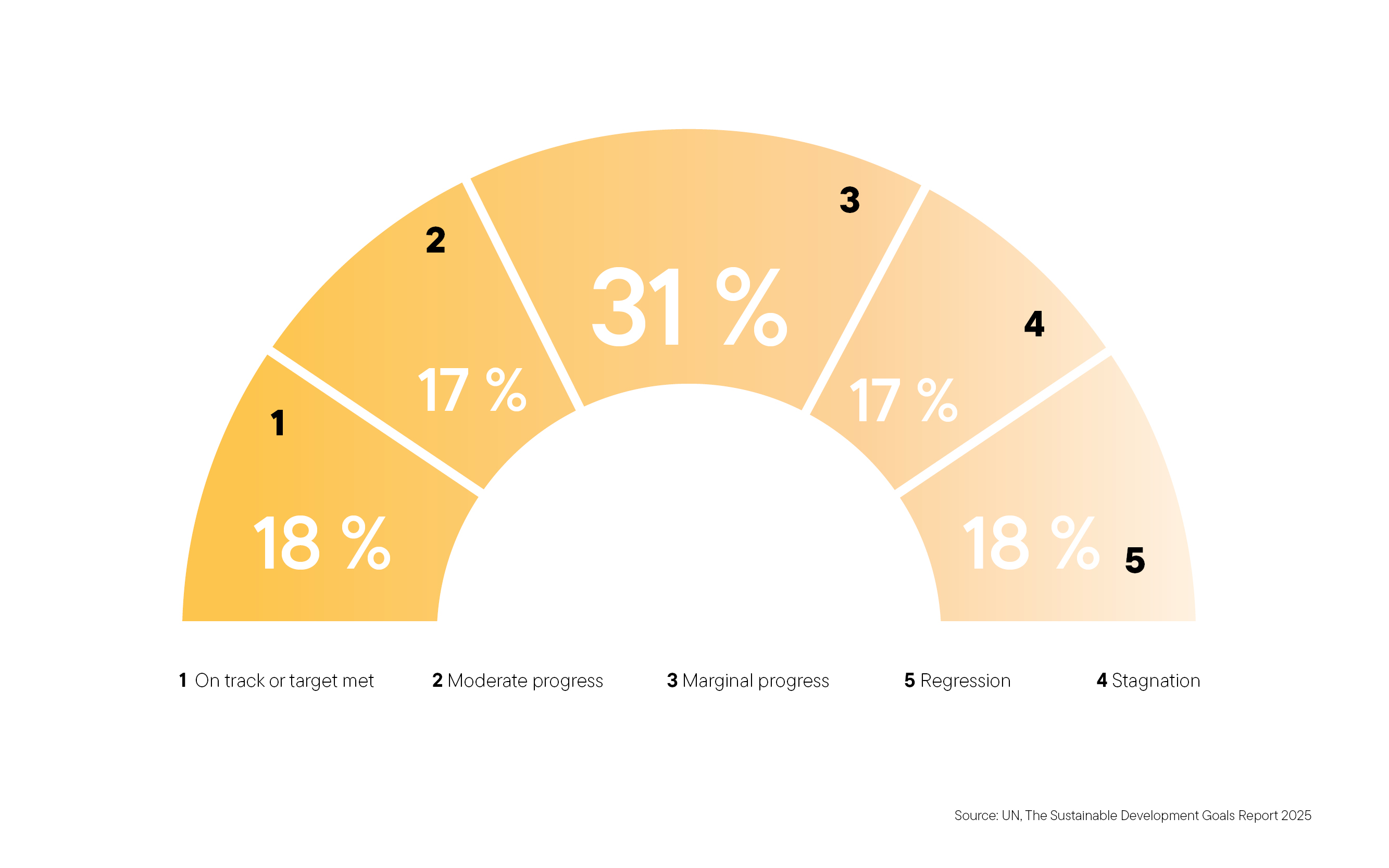Unrest in Egypt
Role model Erdogan
By Hans Dembowski
When the February edition of D+C/E+Z went to print, it was too early to tell whether protests in Egypt would lead to revolution or the security forces would resort to brutal oppression. It was even less clear who would eventually, after unrest and changes, emerge as the new force in charge of the country. It was obvious, however, that the protest movements that were shaking the Middle East, are much more diverse than then the standard cliché of radical Islamism – and that the people who start such movements are quite young.
Europe is ageing, unable to really understand what is driving young Arabs. No, this generation is not prepared to settle for hopelessness and inaction simply because those who leave schools and even universities struggle to find well-paying jobs with meaningful tasks. Nor do these youngsters simply opt for radical Islamism, as was typically assumed in the West. They have experienced virtual freedom on the internet, enjoying a multitude of options to get informed and communicate. They long for this kind of freedom in everyday life too. And surely many of them find Al Kaida’s grizzly culture of murder and suicide just as abhorrent as people in Western countries do.
Don’t get me wrong. I am not saying political Islam is irrelevant. It certainly matters. But the big question is what role it is playing and what role it will play in the future. At the moment is does not look as though the young Arab protestors, who are making dictators tremble, were primarily inspired by Iran’s revolutionary guards, the Hizbullah in Lebanon or Hamas in the Gaza strip.
The Arab youth are demanding Western-style freedom – but they consider Western governments to be the allies of their dictators, rather than promoters of liberty. Europeans and North Americans have failed to build coalitions with those who want democratic change in the Arab world. They should have done so in public and early on. Instead, they relied on the Ben Alis and Murbaraks who promised to keep Islamists in check.
The West’s conventional wisdom did not appreciate that diversity and pluralism are an option in the Middle East – and even less that diversity and pluralism might be expressed in terms of political Islam. The irony is that Turkey, a member of NATO and an aspirant to the EU, has been liberalising for years under Prime Minister Recep Tayyip Erdogan pretty much in the way that would be desirable in Arab countries now. Led by this devout Muslim with a radical personal history, Turkey has come a long way from the arrogant authoritarianism of the Kemalist elite in the military, administration and judiciary.
In late January, Rachid Ghannouchi, an Islamist Tunisian leader, returned home from exile in London. He said he feels inspired by Erdogan’s party AKP. Whether this was mere lipservice or a substantial policy statement remains to be seen. What is sure, however, is that 69 year old Ghannouchi understands that he must win the faith of his country’s youth if he wants to have a bearing on his nation’s future. No doubt, Erdogan’s Turkey looks much more attractive in this context than Ahamdinejad’s Iran.
The EU, unfortunately, has kept Erdogan waiting for many years. European leaders should have whole-heartedly embraced him. They missed their chance, and therefore they will find it even more difficult to win the faith of those who want democratic change in Arab nations which are, of course, predominantly Muslim. Let’s hope that Erdogan’s example will be convincing in its own right.








